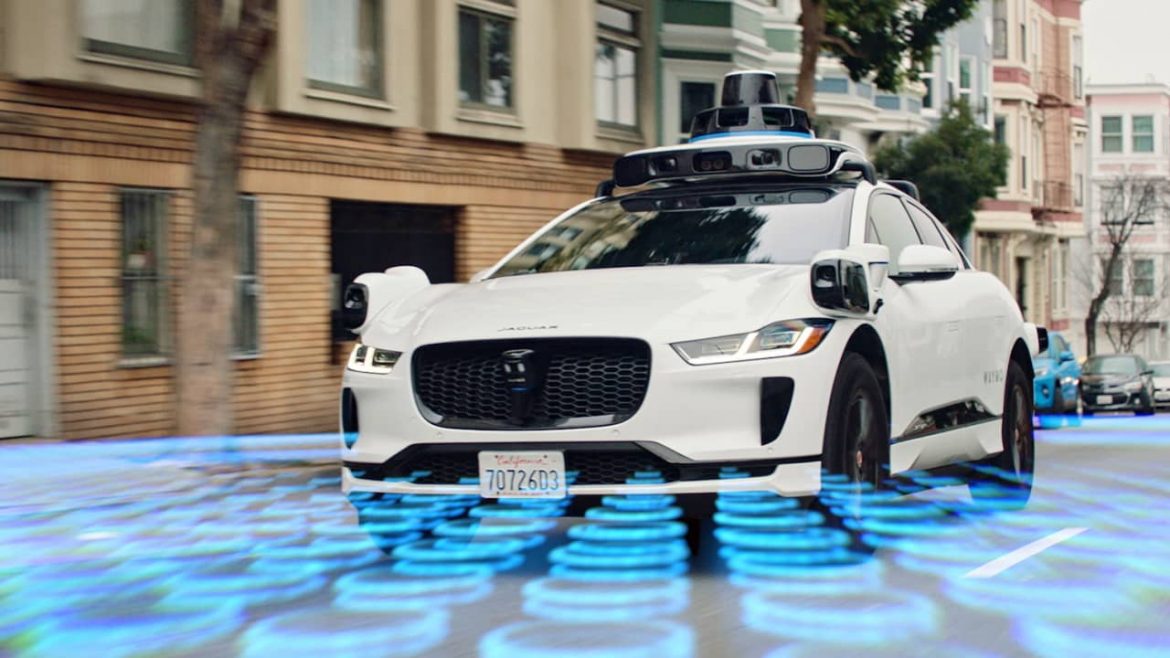The US National Highway Traffic Safety Administration (NHTSA) has commenced an investigation into the behaviour of Alphabet-backed Waymo self-driving vehicles. This step was taken as Waymo robotaxis were noted to be driving dangerously, contrary to the traffic rules. The NHTSA is still in the initial stages of the process of evaluating the 444 Waymo cars, following 22 reports of 22 incidents including 17 collisions.
The US agency stated that in some of these incidents the automated driving systems did not obey the traffic safety control devices, and in some other cases, the crashes happened because the systems showed undesired behaviors near these devices.
The company did not specify the nature of the safety incidents, however, it said that it was proud of the general performance and safety record of the autonomous vehicles and the drivers had driven over tens of millions of miles. Waymo, however, announced its will to cooperate with NHTSA during the investigation.
Also Read: Waymo to launch free driverless robotaxi services in Los Angeles
The NHTSA is currently focusing on investigation of autonomous cars, and this is the latest in a series of its investigations into the performance of these cars. This follows probes into General Motors’ Cruise and Amazon’s Zoox. In February, Waymo issued a recall of 444 self-driving cars since there were two minor accidents in Arizona. All of the 22 reported incidents included either self-driving crashes or driverless vehicles that exhibited unusual driving behavior.
NHTSA’s investigation will scrutinize the performance of Waymo’s fifth generation automated driving system. It will especially focus on their ability to detect and respond to traffic control devices, as well as to avoid collisions with stationary objects and vehicles. Meanwhile, Waymo continues to expand its autonomous ride-hailing services as it recently launched free driverless robotaxi services in Los Angeles.
The company also commenced operations for its employees in Austin, Texas. The autonomous driving firm aims to remain at the forefront of autonomous vehicle technology with over 50,000 weekly trips already being served in challenging urban environments.



